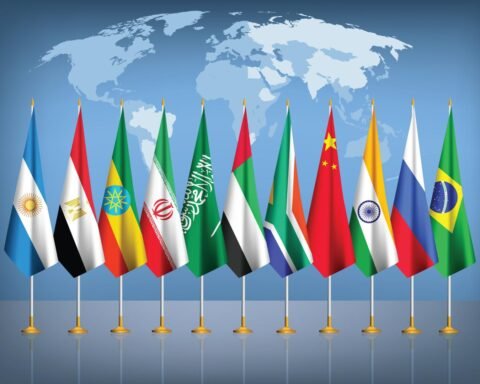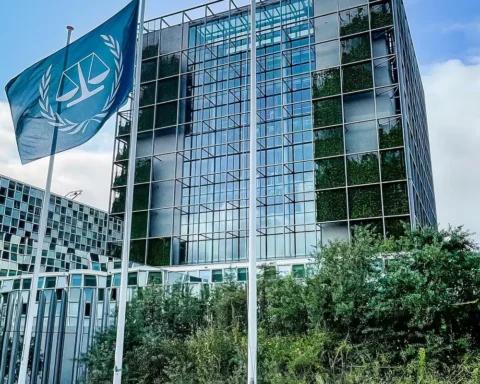President Hussein Ali Mwinyi has called on African nations to rise beyond traditional roles and claim their place as leaders in the global knowledge economy.
He made the remarks during the official opening of the Africa QS Forum on Education, a continental summit held in Zanzibar, that brought together scholars, policymakers, and innovators from across the globe.
“This summit is proof that Africa is no longer on the sidelines. We are not just waiting to be included; we are here to shape the future,” Dr Mwinyi told a packed room of delegates during the high-level event.
Hosted by the Zanzibar Ministry of Education and Vocational Training and co-organized with the Modern College of Business and Science (MCBS) from Oman, the summit underscored the urgency for Africa to leverage science, technology, and higher education as tools for development.
The event’s central theme—“Maximising Africa’s Potential: Scientific Research, Knowledge Transfer, Innovation and Skills for a Thriving Future”—served as a rallying call for institutions to invest more in research and development (R&D), promote academic mobility, and align curricula with global standards.
President Mwinyi highlighted Zanzibar’s strategic transformation into an education hub, citing its recent partnership with Indian Institute of Technology Madras (IIT Madras)—one of India’s most prestigious engineering universities—to establish a permanent campus in the archipelago.
Also Read; Trump to Host African Presidents for Economic Dialogue
“This partnership with IIT Madras is just the beginning,” Mwinyi said. “Zanzibar is positioning itself as a bridge between Africa, the Middle East, Europe, and Asia—linking knowledge, culture, and innovation.”
During the forum, participants explored how artificial intelligence (AI) is transforming learning environments. A special session moderated by Professor Ghassan Aouad, a respected academic, discussed the ethical implications of integrating AI into education across Africa. Panellists emphasized the importance of responsible innovation and urged African governments to adopt AI governance frameworks.
Education Minister Lela Mohamed Mussa stressed the need for harmonizing qualifications, building mutual recognition agreements (MRAs) among African nations, and promoting quality assurance to ensure African graduates remain competitive on the global stage.
Dr Muneer Al Maskari, Chair of MCBS, applauded the forum as a milestone in South-South cooperation. He noted that the event reflects a shift in mindset where African institutions no longer see themselves as recipients of knowledge, but as contributors and co-creators in the global learning ecosystem.
The forum was supported by Quacquarelli Symonds (QS), the organization behind one of the world’s most influential university ranking systems. Their presence was seen as a key step in integrating African universities into international networks and enhancing global visibility.
In his closing remarks, President Mwinyi called on African youth to take ownership of the future. “Our continent is rich with potential. What we lack in resources, we make up for in determination and brilliance. It’s time we lead the knowledge revolution—not just follow it.”







